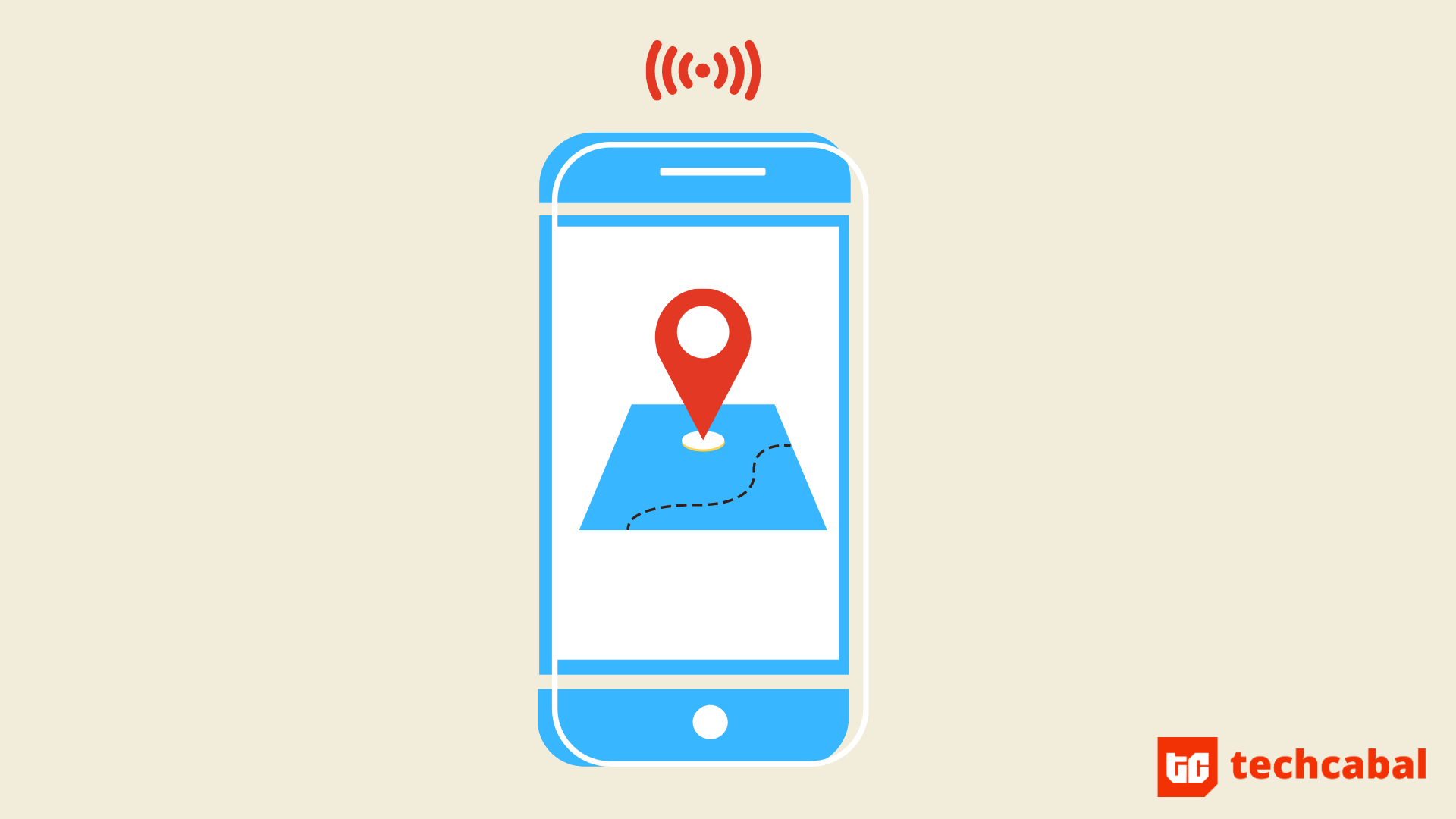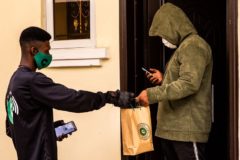The BackEnd explores the product development process in African tech. We take you into the minds of those who conceived, designed and built the product; highlighting product uniqueness, user behaviour assumptions and challenges during the product cycle.
—
Before the internet, people bought phones or went to a booth simply because they needed to speak with someone. Call centers in Africa, typified by large umbrellas and plastic chairs, have not gone away.
A telephone was largely a single-purpose device. But we are experiencing a paradigm shift, with smartphones now running our lives.
Reading this on a smartphone? You probably touch your phone at least 2,617 times a day.
Beyond functionalities for calls and SMS, the expectation for a mobile phone in 2020 is that it should be packed with certain increasingly indispensable features; primary and secondary cameras, audio recording, internet sharing, biometric scanners and global positioning systems (GPS).
Powered by these features, anyone can be a journalist, activist, public intellectual and/or fashion model. The more familiar you are with your smartphone, the less visits you need to make to a banking hall. Introverts worry less about asking strangers for directions, thanks to Google maps.
But these features are not flawless. In places hostile to free expression and free assembly, individuals wielding smartphones must be on guard against surveillance, targeted misinformation and outright cyberattacks.
These activities come down to one word: tracking. Nobody likes it but it’s often unclear what to do about it.
So let’s take a look at what you should know about your smartphone’s exposure and trade-offs that come with staying safe online.
Those curious app permissions
I assume you use a smartphone that runs either on Android or iOS and that, to be safe, you only download apps from Google Play or Apple’s iStore. Both companies put a lot of work into ensuring malware isn’t hosted on their markets.
Yet, nearly every mobile app out there requests multiple permissions in ways that do not always make sense on both security and privacy. For example, a fintech app might ask to have access to your contact list if they’ll lend you money, but why would they need your microphone?
An ecommerce website will demand access to your camera and location information, but access to SMS should be baffling and suspicious.
Android says the point of permissions is to protect a user’s privacy.
They say “no app, by default, has permission to perform any operations that would adversely impact other apps, the operating system, or the user.” In other words, an app with features that break other apps on your phone should trigger blaring alarms.
Apple tells its developers to “Request personal data only when your app clearly needs it” and to include a polite description of why the permission is required.
You can see what app is using what permission on your Android device by going to Settings, Privacy, and then Permission manager. It’s Settings >> Privacy on the iPhone.
From a check I did today, 19 apps have access to my microphone and 24 to my phonebook. I can click on each of those apps to deny this access, but I would have to weigh that choice against possible disruption to usability or user experience.
It’s not immediately clear why Google Maps need permission to Contacts, until you’re in an unfamiliar place and need to share your live location with a friend on WhatsApp. That’s a use case that shows the big difference between smartphones and USSD – a useful but limited feature for some online activities.
But no smartphone feature exposes a user to potential threats as location technology. How do you strike a balance between its good and bad?
Location, location
The not-so-hidden secret about location services on smartphones is that app makers request it to sell advertising. Location data is Facebook’s cash cow; the tech giant’s ability to help brands offer targeted marketing by geography relies on this feature (and of course, cat videos).
Location data is helping US scientists study the spread of the coronavirus, showing it’s not only capitalists that can find the feature invaluable.
One look at China’s ultra-invasive surveillance state is enough to see how dystopian location tech can become. But that extreme example isn’t necessary to show how vulnerable we often are.
There are at least three ways to track a phone’s location, according to Co-creation Hub’s Safe Online resource on digital safety.
One way is to use wireless signals to triangulate your position between cell towers. Secondly, location can also be tracked by using the GPS feature on a phone. These methods more or less pinpoint the user’s location with significant precision.
Perhaps more relatably, a phone’s location can be spotted by using the Wi-fi connection the phone is connected to. This method demands particular attention as advocacy is made for internet access in public places.
Knowing that your location can be tracked through Wi-fi is useful when participating in protests, for instance. Not so much about second-guessing what you post online but where you are when you share the information.
The simplest way to go dark – to not be traceable by any of the features above – is to turn on Airplane mode. But you should check whether this actually turns off your GPS, in which case you may have to specifically turn off GPS to prevent location detection.
To turn off location entirely or for particular apps on an iPhone, go to Settings and then Privacy. On an Android device, it’s Settings and Location (what are these 23 apps with access to my location?)
Do you have ‘Location History’ turned on on your Android device? That means Google “Saves where you go with your devices, even when you aren’t using a specific Google service.”
Android does this to personalize your map and give recommendations based on movement. But there are controls to turn this off, and for controlling ad personalization.
If all of this sounds like a lot of work, it is and rightly so; we do just as much to stay safe in the physical world. But digital vigilance doesn’t call for panic; a wise rule of thumb is to use location when you have things to locate.
Smartphones are like passports
Passports take you around the world, and so do smartphones. You wouldn’t let a random person stamp on that precious booklet. In the same vein, guarding what goes into a smartphone is necessary.
As the smartphone assumes omnipotence – for personal finance, healthcare, work communications – the need to treat it with more care increases. If “Eternal vigilance is the price for liberty,” the freedom to be a digital citizen demands nothing less.





















